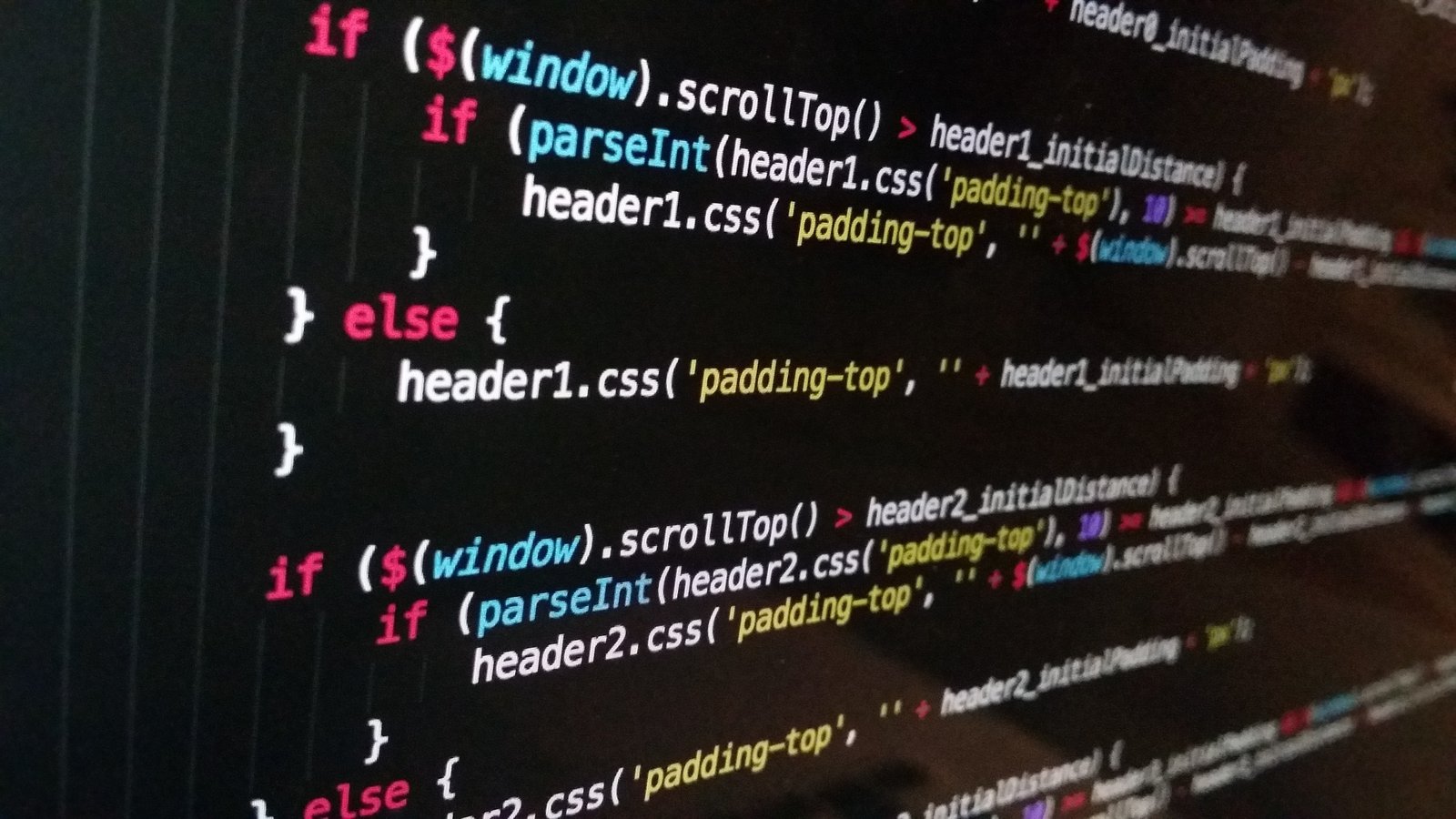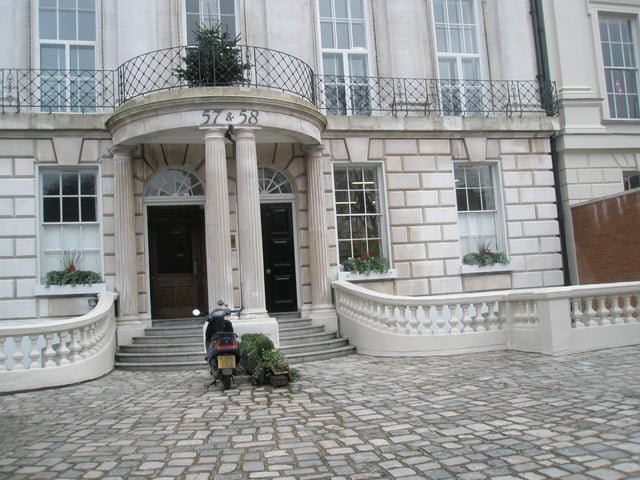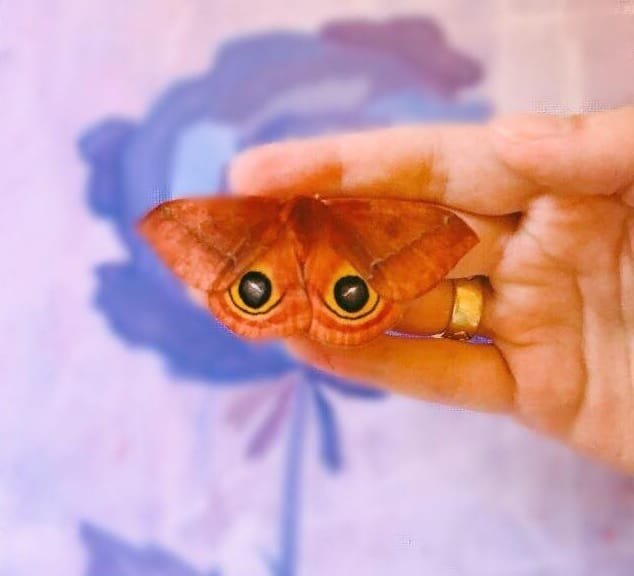An upbeat BBC video about a ‘drag queen child’ has been heavily criticised on social media as promoting child abuse. The well-produced ‘Minute’ programme shows eleven year-old ‘drag kid’ Desmond Napoles pouting and posing in adult-style drag costumes. A barrage of comments on Twitter revealed that the boy has danced for money in gay clubs, been filmed alongside convicted club-land killer Michael Alig and displayed a disturbing familiarity with the drug ketamine. The child’s mother has since been reported to social services, she rejects accusations of child abuse.
The BBC responded to complaints by stating ‘Having reviewed the content, we have updated the video and text to add more context to the story.’
Arguably the BBC is failing in its editorial commitment to impartiality when it comes to LGBT issues, and ratings are perhaps one reason why. With the average age of a BBC viewer at 61, the BBC is racing against time to attract younger audience. The championing of ever more niche identities is clearly an effort by the elderly Aunty Beeb to demonstrate ‘woke’ credentials to the emerging youth market. Given the rising numbers of younger people identifying as transgender over the past few years, it’s easy to see what the strategy is here.
But many — including within the LGBT community — have concerns about the BBC’s relentless pursuit of progressive credentials.
Lynne Harne, chair of the Lesbian Rights Alliance, said this week:
“There are many of us who are disgusted by the BBC’s partisan stance on LGBT issues; they seem obsessed with transgender politics. The use of an eleven-year-old child as an LGBT mascot was a particular low; it brings to mind the abdication of responsibility for child protection during the Savile era.”
Liberal-minded people who once praised the BBC as the standard-bearer of quality journalism are increasingly turned off by the partisan hectoring on LGBT issues. Jonathan Best, activist and former director of Queer Up North Festival, said:
“It is worth remembering that the LGBT community is not a monolith, and many of us have serious concerns about the BBC’s fondness for today’s extreme transgender politics. Like everyone else, we want good quality journalism from the BBC, not cringing displays of allyship.”
I am in a civil partnership, and while I am grateful to have legal protection every time I reach for my wife’s hand in the street I am acutely aware that social changes still need to be made. But for the most part it isn’t conservatives or bible bashers who make me feel ashamed of my sexuality, it’s the excruciating political correctness of liberals. Using exploited children to demonstrate progressive credentials does nothing to make the lives of same-sex attracted people easier.
It’s telling that the BBC has been working with LGBT giant Stonewall — indeed the broadcaster’s line on LGBT issues more closely follows the one set by Stonewall than that of their audience. The strap line of Stonewall is ‘acceptance without exception’ but those who do not share their extreme stance on transgender politics are made to feel distinctly unwelcome.
A BBC staff report titled ‘LGBT Culture and Progression’ loftily notes “being LGBT is much more fluid, where the boundaries of sexual orientation and gender identity blur beyond the L, G, B or T. … we’ll adopt the term LGBTQ+. We hope this makes everyone feel included — whether genderqueer, bisexual, gay, lesbian, transgender, non-binary, pansexual, intersex, asexual, queer, questioning or an ally.” Such sanctimonious, ineffectual simpering seems to be a hallmark of the painfully progressive BBC.
The BBC have reduced hundreds of years of struggle for respect and liberation into a meaningless corporate social responsibility soundbite. I, for one, am so over the rainbow.







